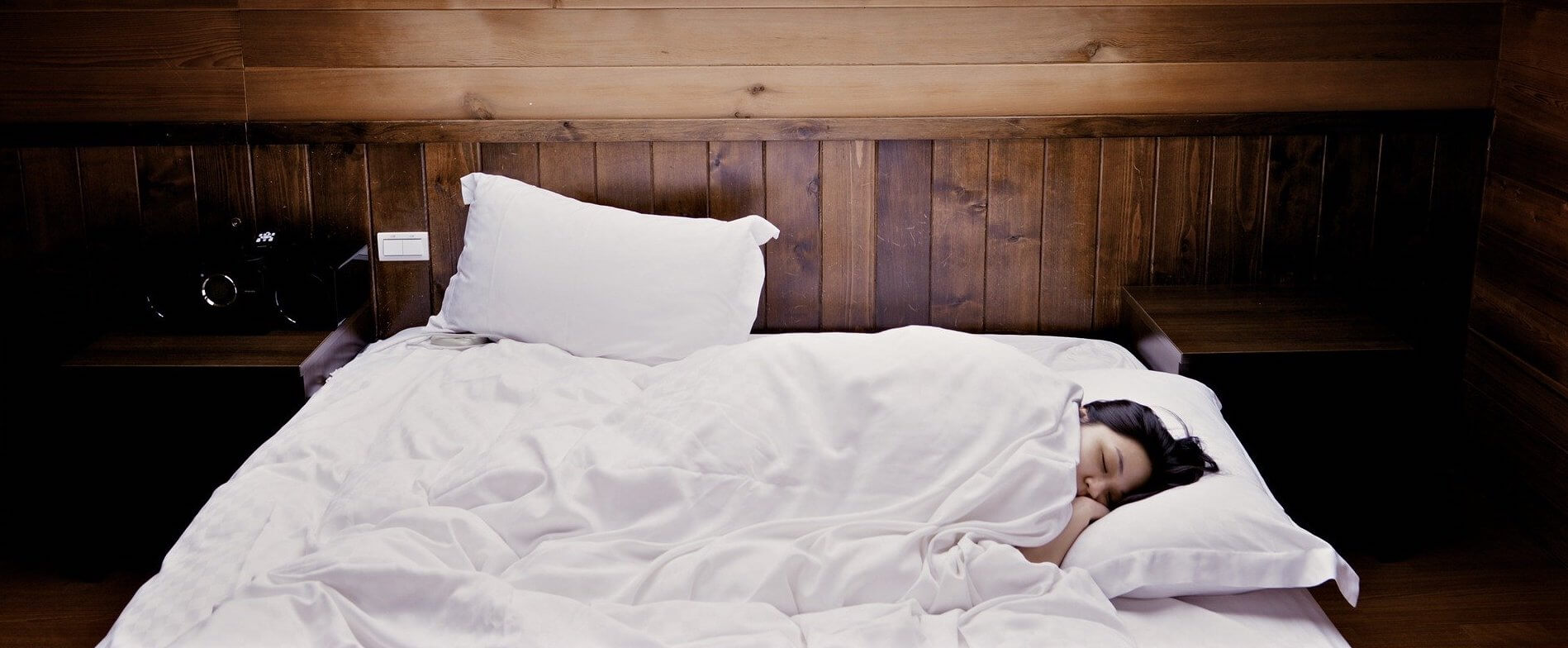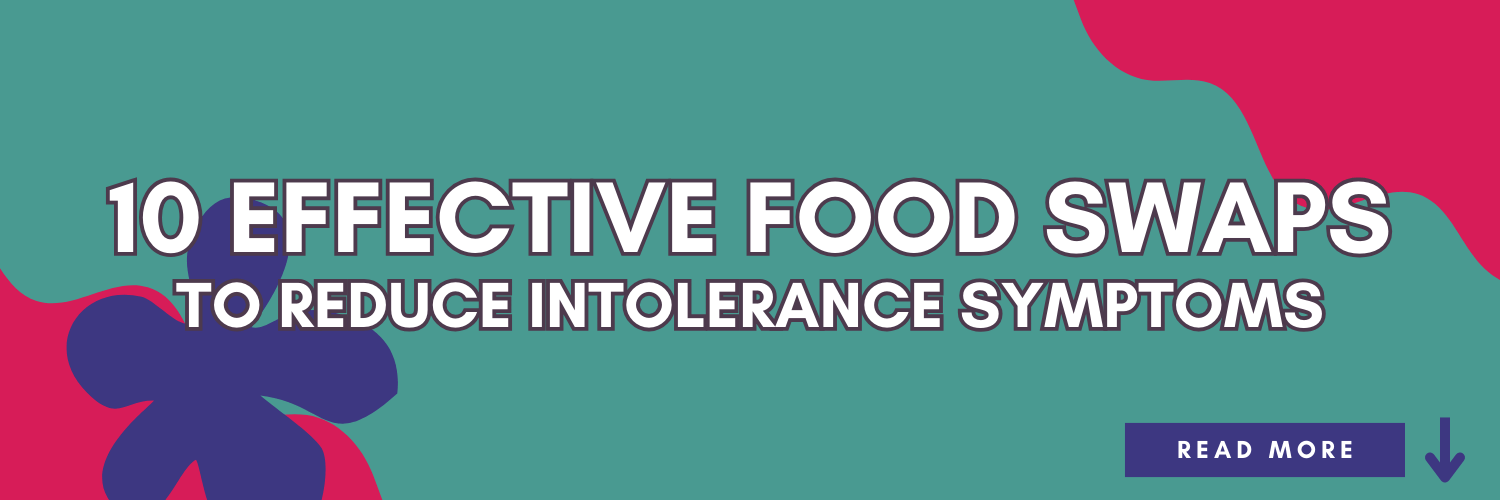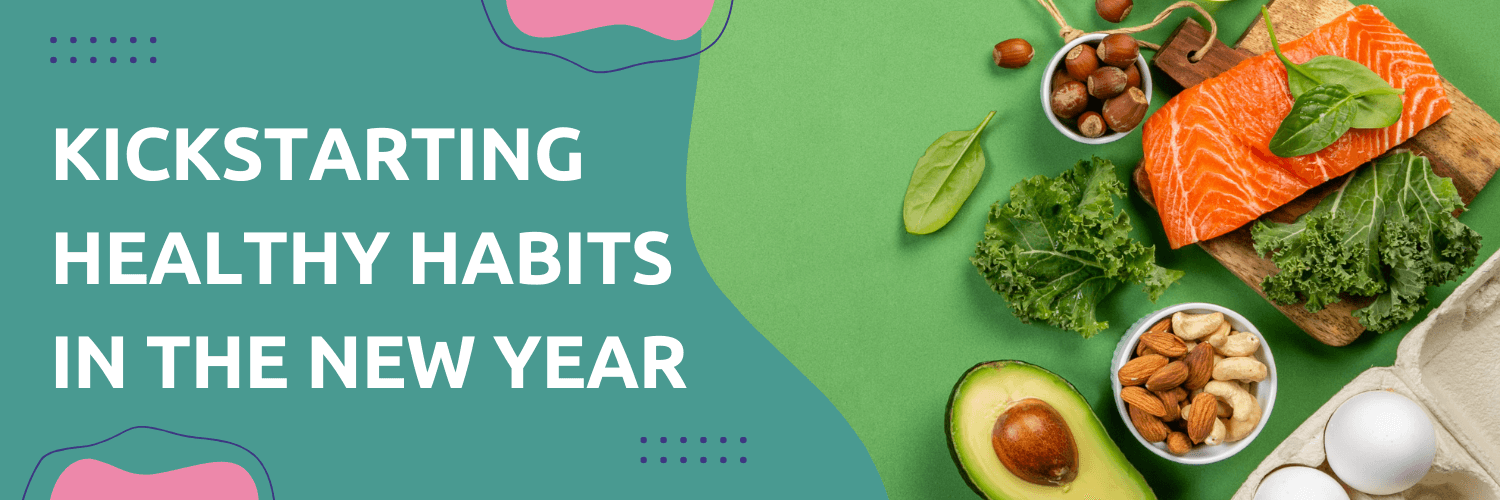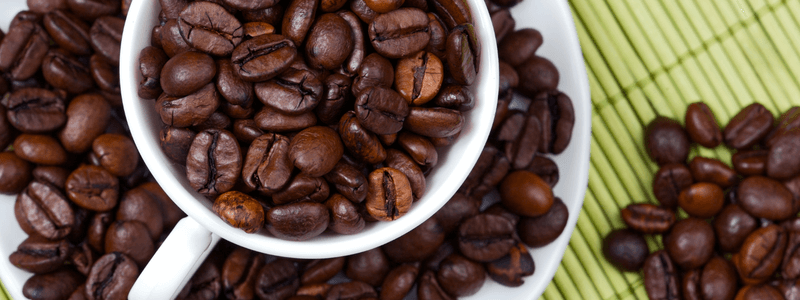It’s no surprise that we’re having more problems with our sleep than ever before. With our screen habits, jobs that keep us desk-bound and a large proportion of people hooked on caffeine. It’s more surprising that any of us manage to get a decent night’s sleep! This is why sleep hygiene is also more critical than ever.
What is Sleep Hygiene?
Sleep hygiene is more or less, how well you prepare your body for sleep. For example, inadequate sleep hygiene would be downing two energy drinks and then scrolling through Instagram until you pass out, fall asleep. Or taking a pre-workout and then going for a late-night sprint before crawling into bed.
If you look at it as at least equally important as your teeth hygiene, then you’ll notice a marked improvement in your sleep quality – just as you would from brushing twice a day and flossing regularly. Here are a handful of tips for you to begin improving your sleep hygiene today.
Tip #1 – Blue light filter (if you can’t quit the screens altogether)
Sleep doctors will tell you to stop using electronic devices an hour before bedtime, but we know that’s easier said than done. With many of used to streaming our favourite show or scrolling through social media before bed, it’s not as easy for people as it used to be. So a good compromise (though not nearly as effective) is to use a blue light filter.
You can either wear blue light filter sunglasses or get an app on your PC / Mobile to block blue light after sunset. Blue light triggers our brains into thinking its daytime, thus preventing melatonin (the sleepy hormone) from being produced. This is why screens tend to get the blame for keeping us awake. The blame is reasonably placed!
Tip #2 – Limit the caffeine!
As workweeks have gotten longer, we’ve turned to coffee, tea and energy drinks to help us make it through the day. The problem with caffeine is twofold. First, it’s an addictive substance, so much so that it can cause withdrawal symptoms if you’re forced to go without it. Secondly, it’s a stimulant, so it increases brain activity – which isn’t conducive to a good night’s sleep. There’s also the potential of being intolerant to caffeine intolerance, that can cause all kinds of symptoms (which can often be mistaken for withdrawal!).
The issue with this stimulant is that it has a half-life of 5-6 hours. Meaning there’s still HALF of the drug running around your bloodstream 6 hours after your morning coffee. Try quitting the caffeine about 6-8 hours before your usual bedtime to allow it time to leave your system properly before bedtime. It’ll still be present, but in much lower quantities than, say, 3 hours after consumption.
Tip #3 – Lighter evening meals (or eat earlier)
Eating a heavy dinner can make it harder for you to fall asleep, especially if you overeat slightly and induce a bit of bloating. To combat this, try keeping your evening meals on the lighter side to prevent your body from working too much in the evening. The idea is to avoid any discomfort and encourage a more relaxed state in the evenings.
Alternatively, you could eat your evening meal a few hours earlier. Instead of a 7 or 8pm dinner, you could eat around 5 or 6pm to give your stomach a little more time to work through the food before bed.
If bloating still occurs after switching to lighter meals, it might be a sign that you’re eating something you are intolerance to. This is a good time to get tested for food intolerances. A food intolerance is a condition where your body struggles to digest a specific food item or ingredient properly. The symptoms of this are usually digestive in nature but aren’t limited to this.
Tip #4 – Develop a routine
We’re all creatures of habit, so getting a short night-time routine in place can do wonders for putting the previous day behind you. I once know a girl who had solidified her evening routine so well (since childhood) that without completing it, she couldn’t sleep! But completing the evening ritual invariably ended in falling into a deep sleep quickly.
Tip #5 – Get some sunlight during the day
Sunlight isn’t just good for the spirit. It helps our bodies produce vitamin D, which is one integral part of maintaining hormonal balance in our bodies. Melatonin is one such hormone that’s crucial in helping us get to sleep. This hormone is triggered by an absence of sunlight (or, darkness), but if we’re never out in the sun, there’s nothing to contrast with. Plus, without the correct balance of nutrients in our bodies, we can’t produce these hormones that make us relaxed and sleepy.
Tip #6 – Skip the Dessert
As much as a dessert is the perfect ending to a delicious dinner, it might not be the best idea for maximising your sleep quality. The sugar high right after digesting a sweet treat can leave you staring at the ceiling for a while before finally drifting off. Not to mention the extra work your digestive tract will have to put in, which puts you back in ‘large evening meal’ territory.
Tip #7 – Don’t wait up
Lastly, the best way to get good quality sleep is to wake up and got to bed at the same every single day. That means weekends too. This is to force your body into a proper circadian rhythm. It’s not easy to start with, especially the weekends, but after a few weeks of training your body to sleep and wake at certain times, you may even find that you don’t need an alarm to wake up!
Sleep hygiene is paramount to our health. There are various ways in which we can begin to improve it and start getting good, quality sleep again. Avoid bloating, get exposed to the right kinds of light and establish strict routines – you’ll notice the difference in your sleep quality and, subsequently, your quality of life.






